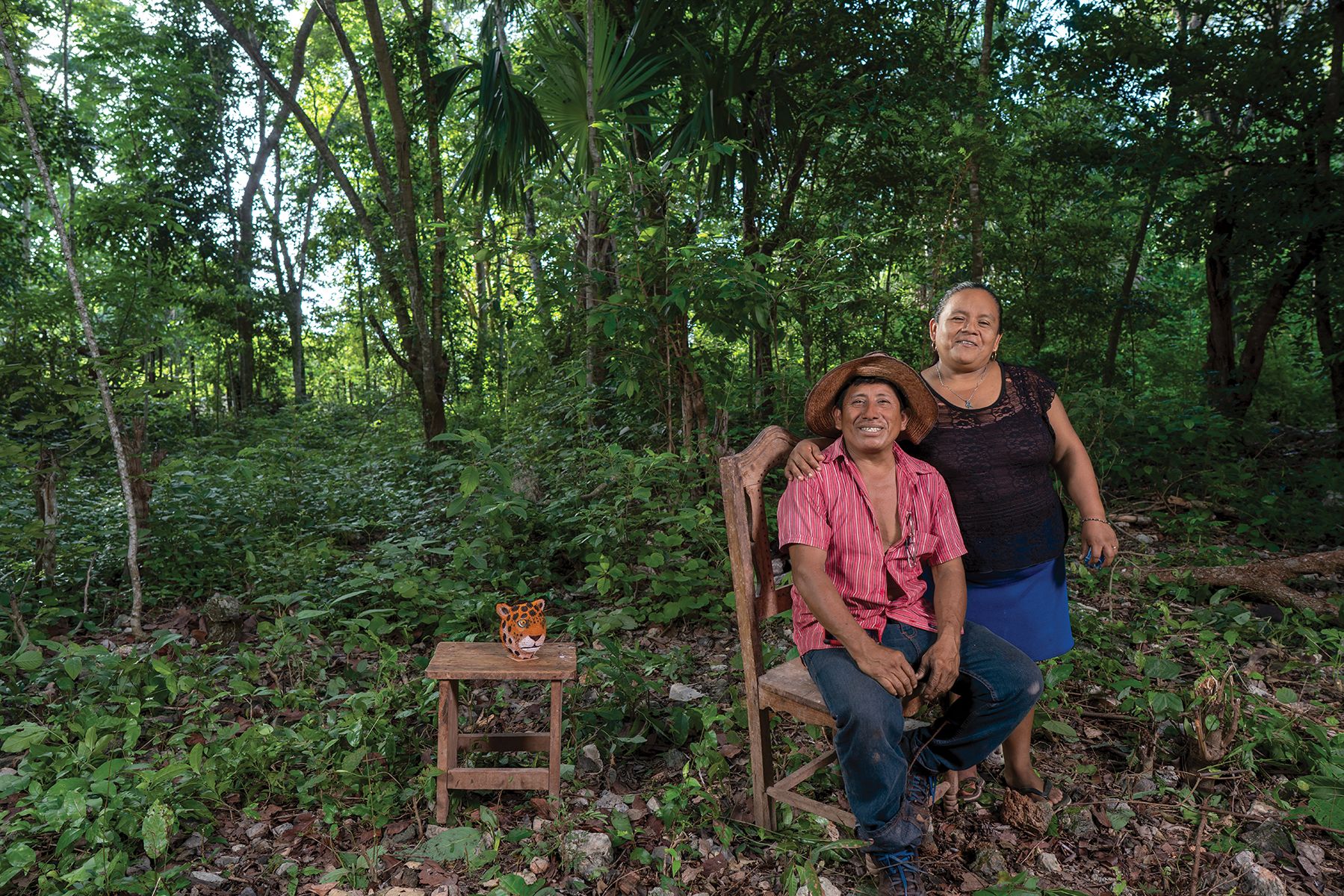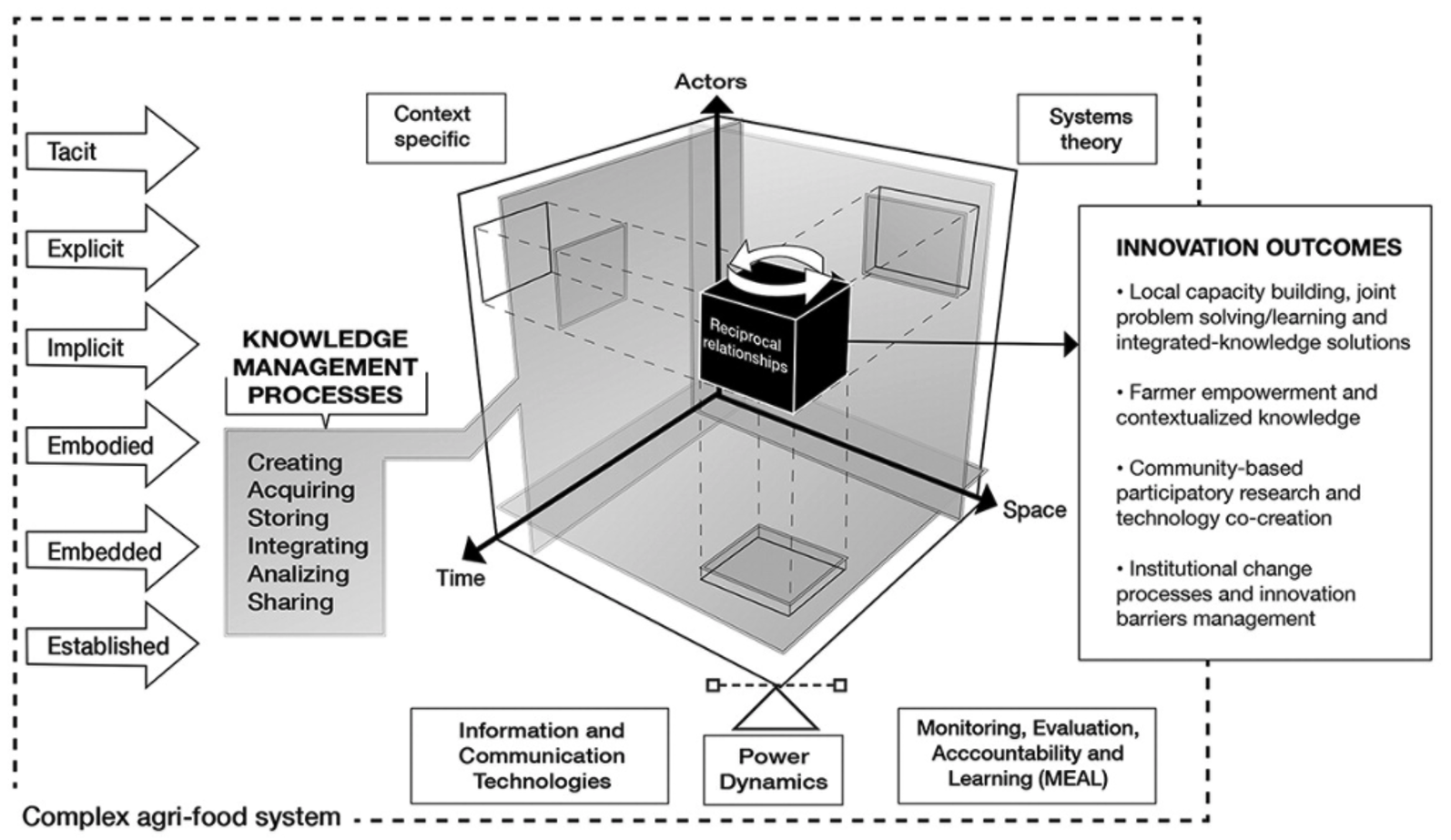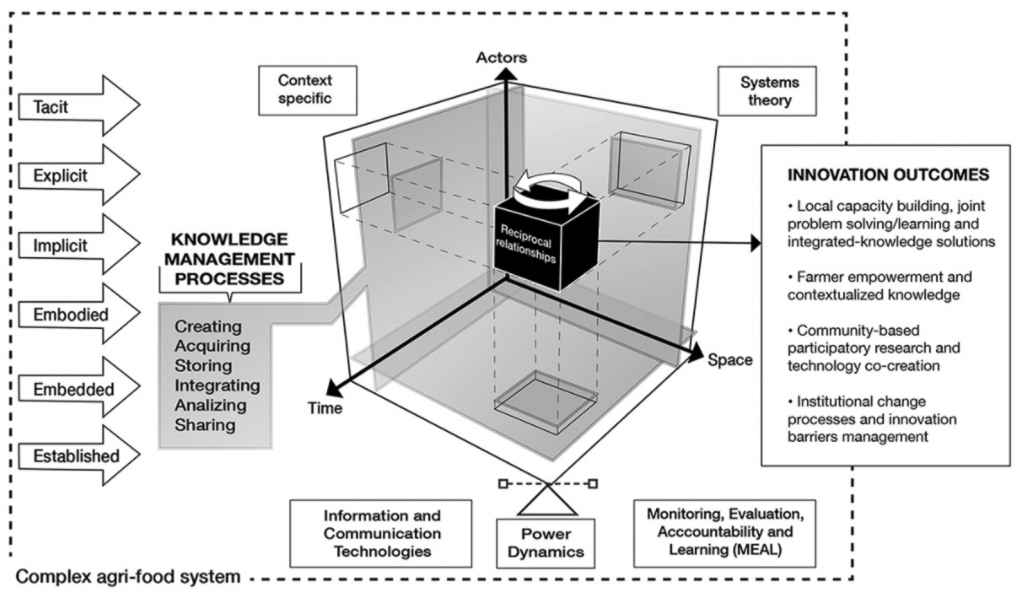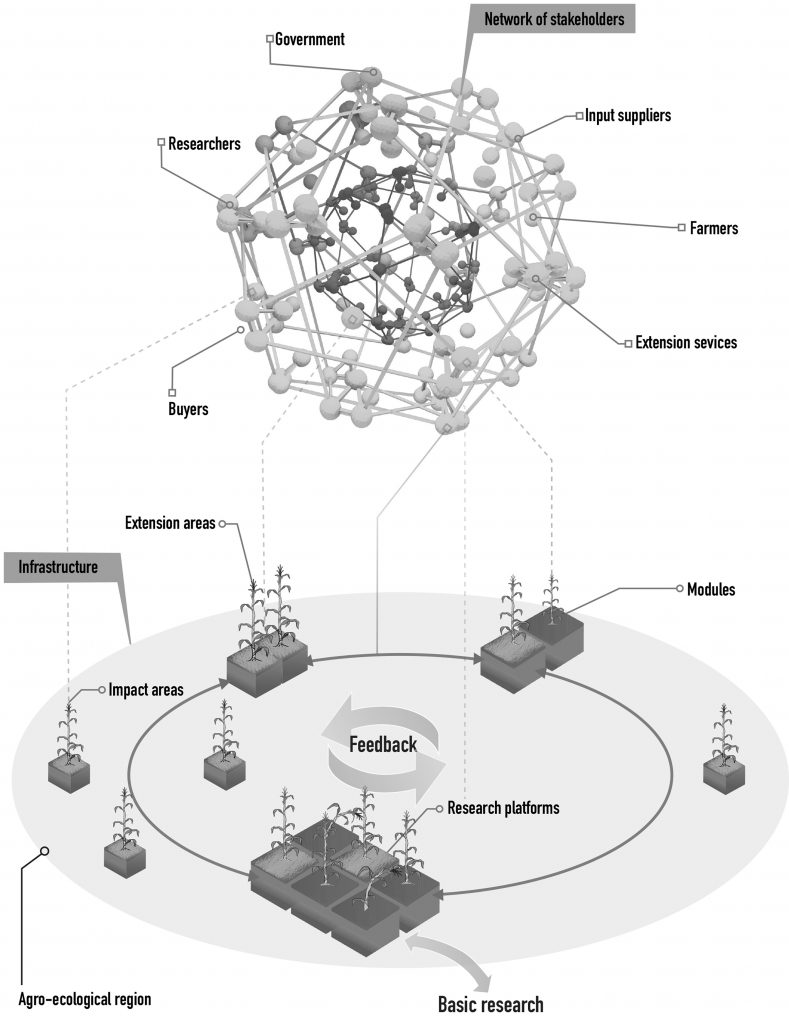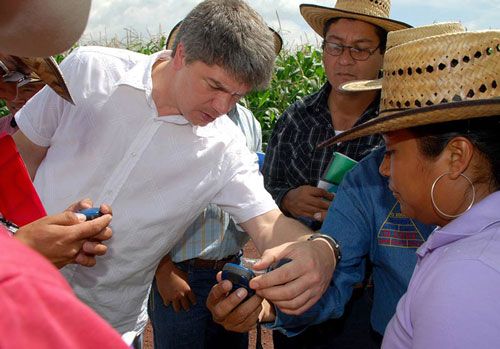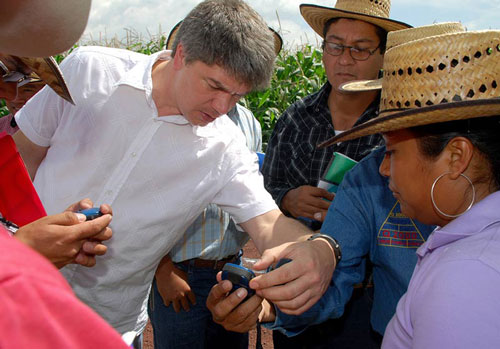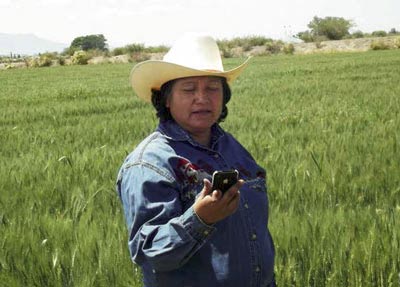A Mexican farm research program gains praise and interest for use abroad
Leveraging the leadership, science, and partnerships of the Mexico-based CIMMYT and the funding and research capacity of Mexico’s Secretariat of Agriculture and Rural Development (SADER) during 2010-21, the program known as “MasAgro” has helped up to 500,000 participating farmers to adopt improved maize and wheat varieties and resource-conserving practices on more than 1 million hectares of farmland in 30 states of Mexico.
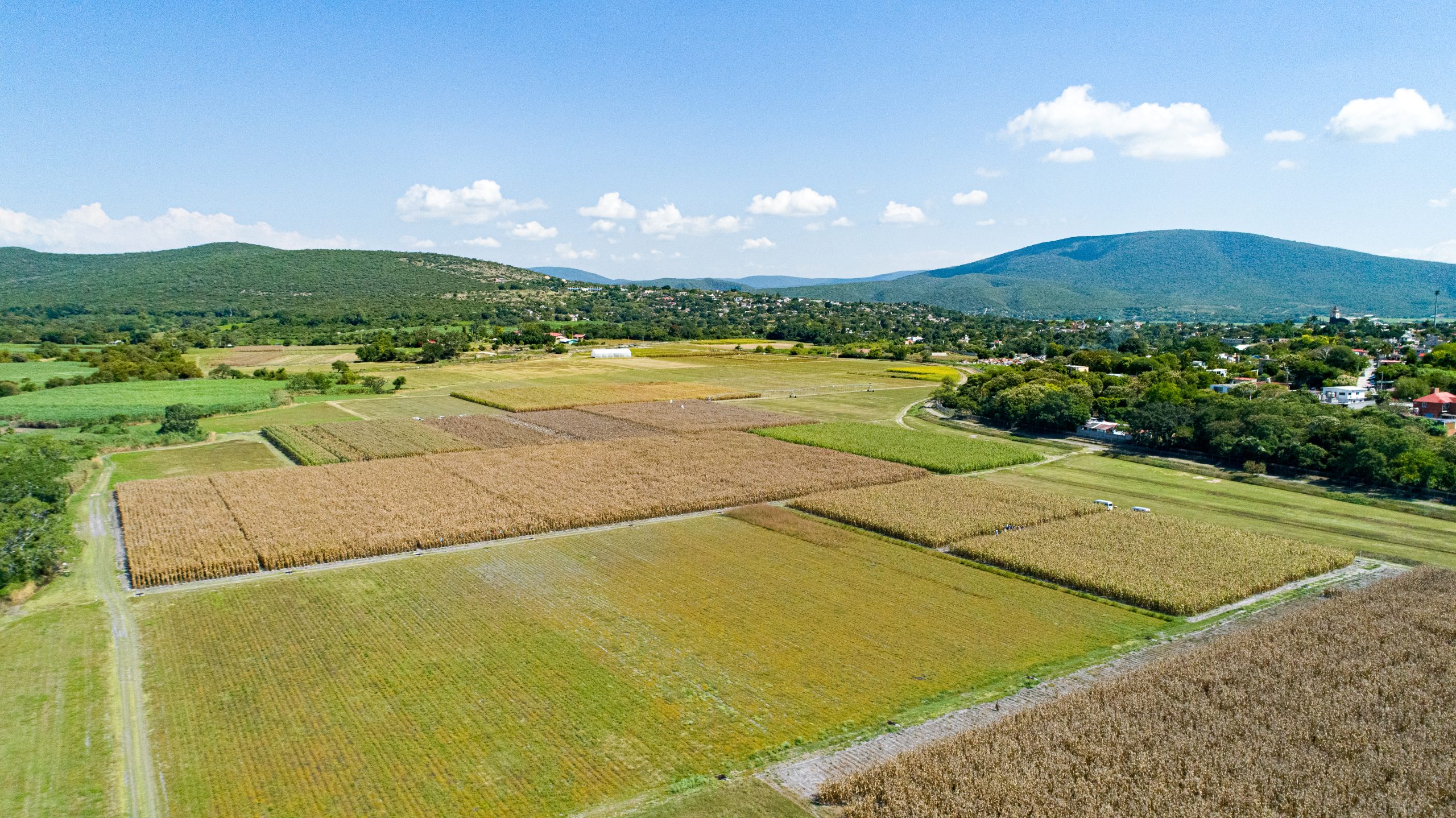
As a result of MasAgro research hubs operating across Mexico’s multiple and diverse agroecologies to promote the sustainable intensification of maize and wheat farming systems — including improved varieties and resource-conserving, climate-smart practices — yields of project participants for maize were 20% higher and for wheat 3% higher than local averages. Similarly, average net incomes for participating maize farmers were 23% greater and 4% greater for wheat farmers, compared to local averages.
The MasAgro biodiversity component gathered and analyzed one of the world’s largest-ever samplings of maize and wheat genetic diversity, including CIMMYT’s own vast seed bank collections, to help identify and characterize new genes of interest for breeding. As one result, more than 2 billion genetic data points and over 870,000 data entries from associated field trials are freely available to the scientific community, via the project’s online repository.
MasAgro has involved national and local research organizations, universities, companies, and non-government organizations working through more than 40 research platforms and 1,000 demonstration modules, while building the capacity of thousands of farmers and hundreds of technical and extension experts who serve them.
State-level partners sign on to MasAgro
Through MasAgro, CIMMYT entered into research and development partnerships with 12 Mexican states. An example is the mountainous, central Mexican state of Guanajuato, home to the El Bajío region, one of Mexico’s most productive farm areas but which also suffers from soil degradation, water scarcity, and climate change effects — challenges faced by farmers throughout Mexico. The governor of Guanajuato visited CIMMYT headquarters in Mexico in June 2023 to review progress and agree on follow-up activities.
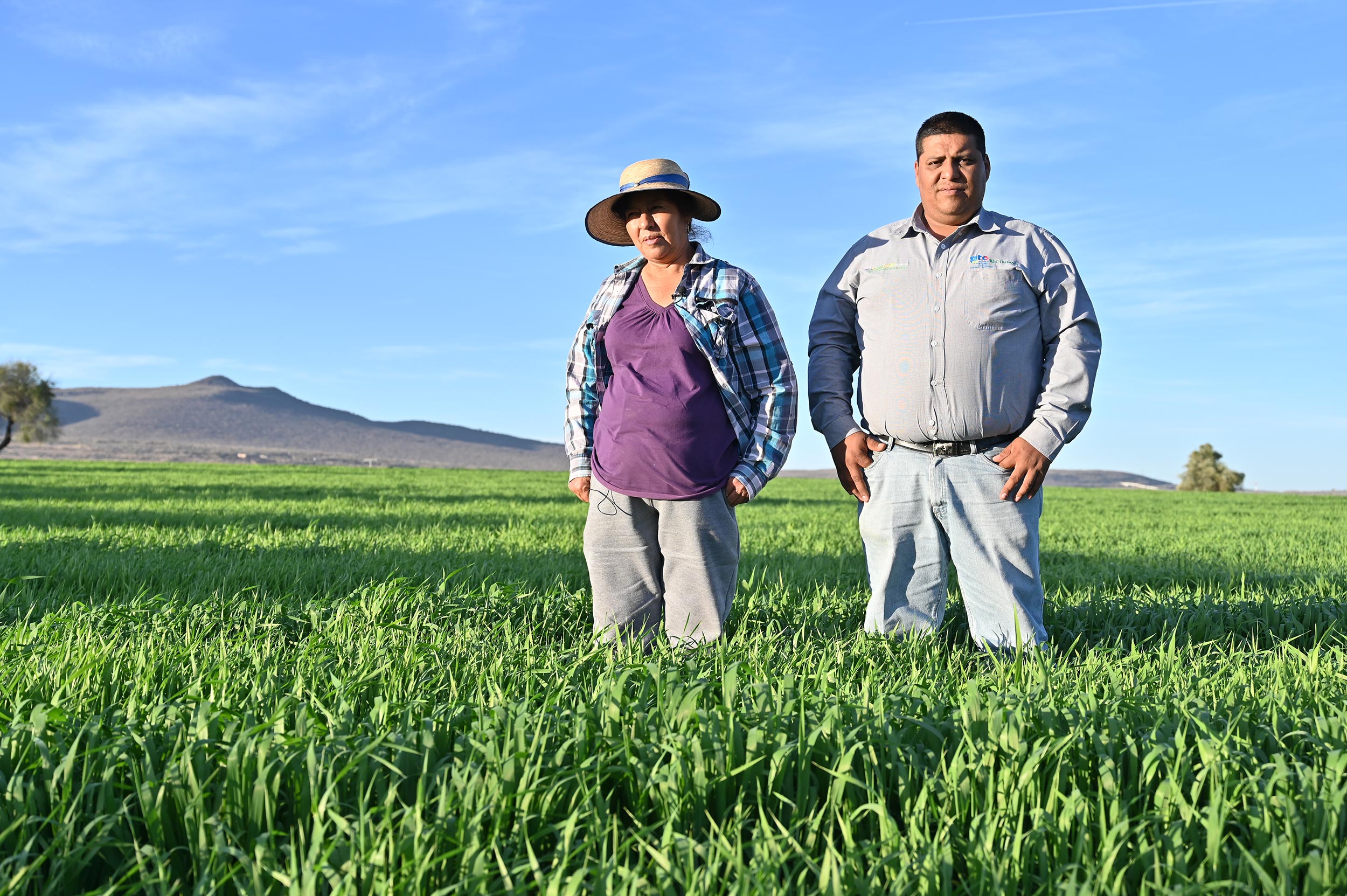
CIMMYT has worked with Guanajuato state and local experts and farmers themselves to test and promote innovations through 7 research platforms reaching nearly 150,000 hectares. As of 2020, new crop varieties and resource-conserving, climate-smart management practices had helped underpin increases of 14% in irrigated wheat production and, under rainfed farming systems, improved outputs of 28% for beans, 150% for local maize varieties and 190% for hybrid maize, over state averages.
An integral soil fertility initiative has included the analysis and mapping of more than 100,000 hectares of farmland, helping Guanajuato farmers to cut costs, use fertilizer more effectively, and reduce the burning of crop residues and associated air pollution.
Service centers for the rental and repair of conservation agriculture machinery are helping to spread practices such as zero tillage and residue mulches. Supported by CIMMYT advisors, Guanajuato farmers are entering into equitable and ecologically friendly production agreements with companies such as Nestle, Kellogg’s, and Heineken, among other profitable and responsible public-private arrangements.
Acclaim and interest abroad for MasAgro
MasAgro has received numerous awards and mentions as a model for sustainable agricultural development. A few examples:
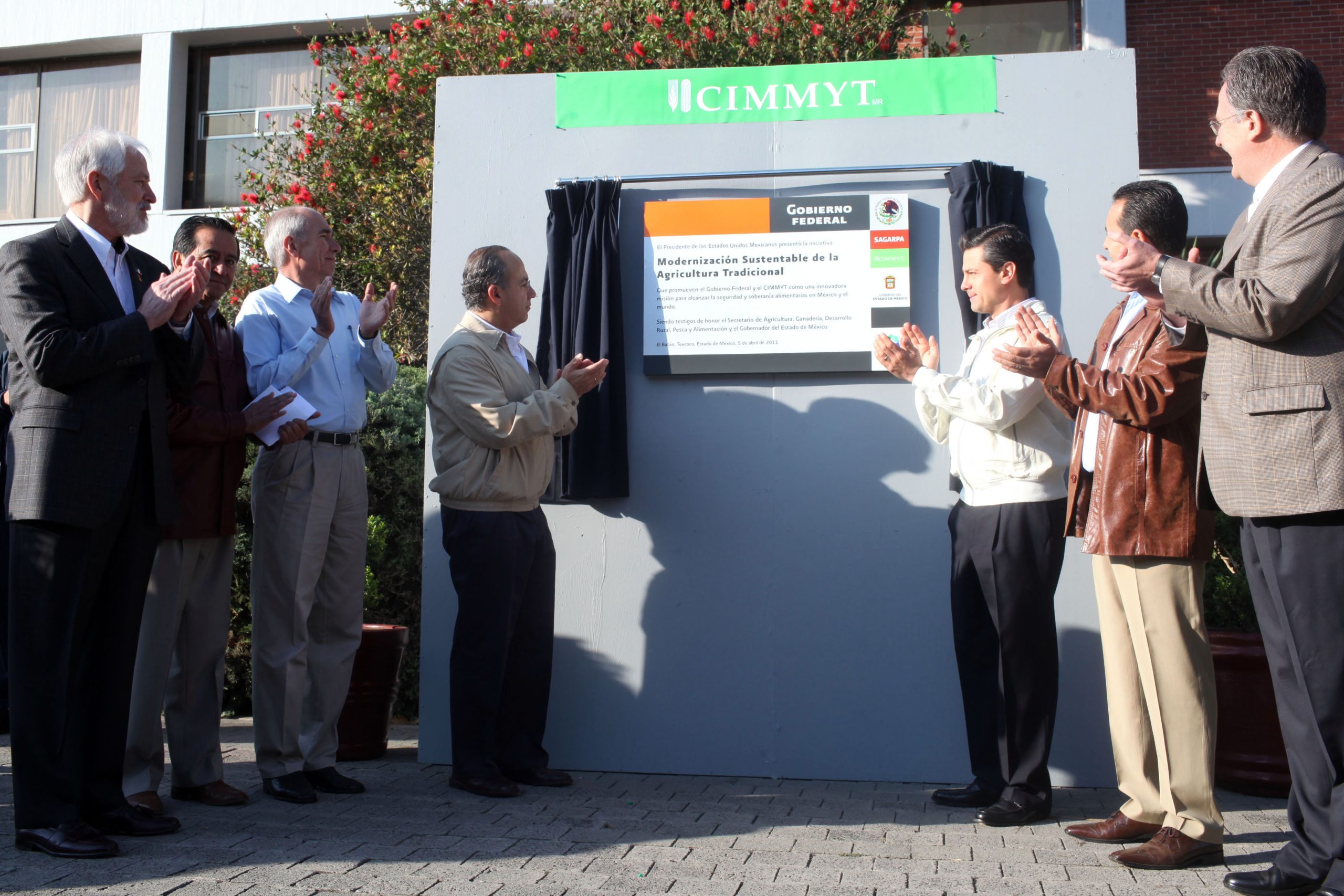
- The Inter-American Development Bank (IDB) mentioned the program as an example of successful extension.
- The Organization for Economic Cooperation and Development (OECD) cited MasAgro for promoting productive and sustainable agriculture.
- The United Nations Development Program (UNDP) lauded MasAgro for promoting climate-resilient agriculture.
- During the 2018 G20 summit in Argentina, MasAgro was considered a model for coordinating agricultural research, development, innovation, technology transfer, and public-private partnerships.
- Bram Govaerts, now Director General of CIMMYT, received the 2014 Norman Borlaug Field Award for his work at the time as leader of MasAgro’s farmer outreach component.
- MasAgro research hubs were recently used as a guide by USAID for efforts in Sudan and Eastern Africa. They have also been replicated in Guatemala and Honduras.
Moving out and beyond
In Central America and Mexico, the inter-connected crises of weak agri-food systems, climate change, conflict, and migration have worsened, while small-scale farmers and marginalized sectors remain mired in poverty.
Capitalizing on its experience in MasAgro, CIMMYT is a major partner in the recently launched CGIAR initiative, AgriLAC Resiliente, which aims to build the resilience, sustainability, and competitiveness of agrifood systems and actors in Latin America and the Caribbean, helping them to meet urgent food security needs, mitigate climate hazards, stabilize vulnerable communities, and reduce forced migration. The effort will focus on farmers in Colombia, El Salvador, Honduras, Mexico, Nicaragua, and Peru.
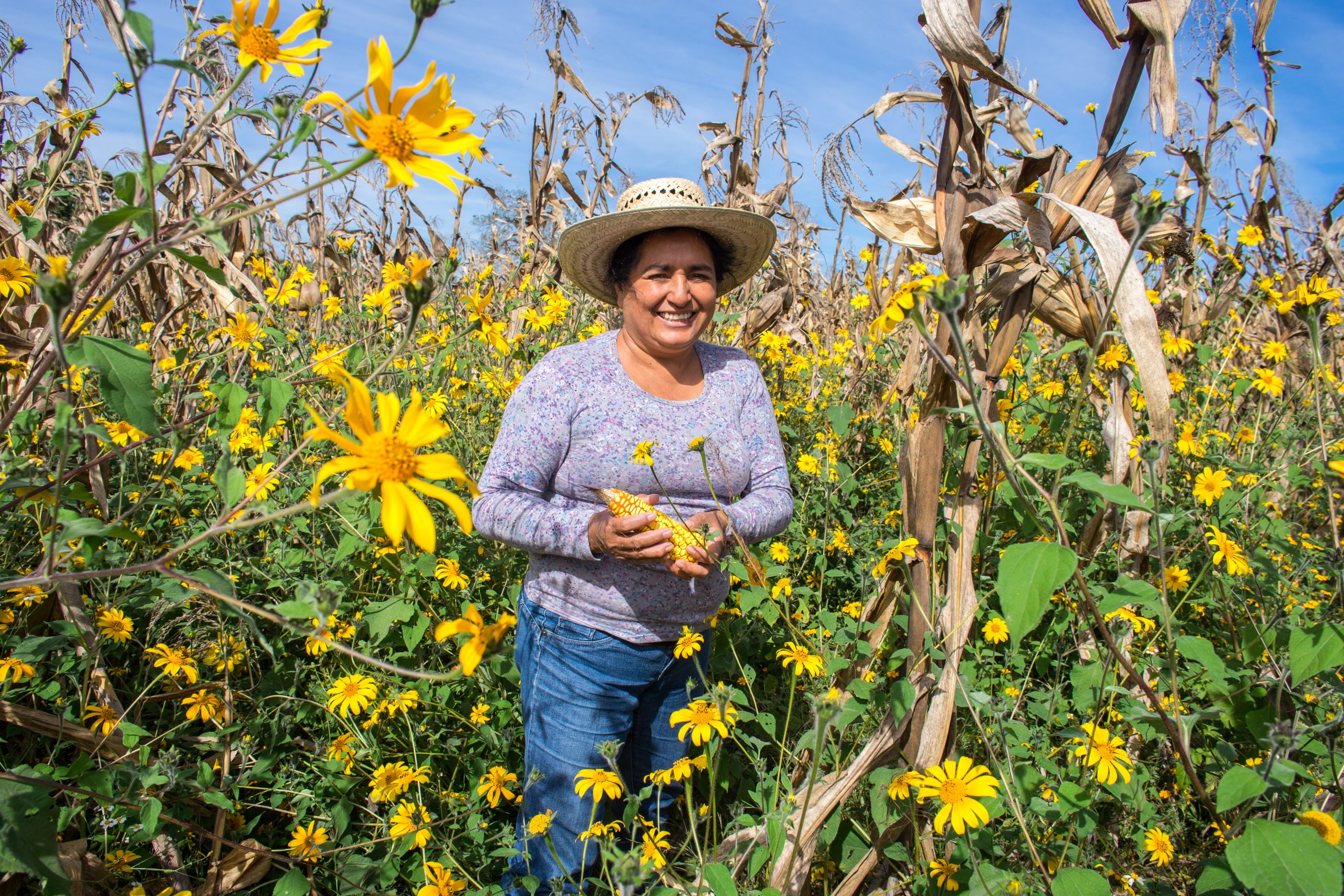
As described in a 2021 science journal article, CIMMYT also helped create the integrated agri-food system initiative (IASI), a methodology that was developed and validated through case studies in Mexico and Colombia, and leverages situation analysis, model predictions, and scenarios to synchronize public and private action toward sustainable, equitable, and inclusive agri-food systems.
“CIMMYT’s integrated development approach to maize system transformation in Mexico and Colombia laid the foundations for the IASI methodology by overcoming government transitions, annual budget constraints, and win-or-lose rivalries between stakeholders, in favor of equity, profitability, resilience and sustainability,” said Govaerts.
The 2021 Global Agricultural Productivity (GAP) report “Strengthening the Climate for Sustainable Agricultural Growth” endorsed IASI, saying it “…is designed to generate strategies, actions and quantitative, Sustainable-Development-Goals-aligned targets that have a significant likelihood of supportive public and private investment.”
